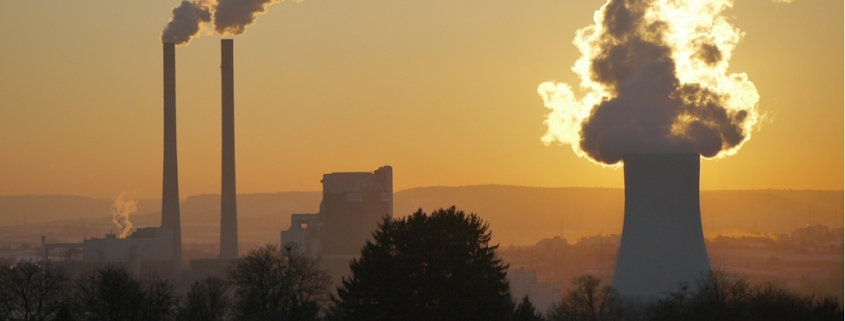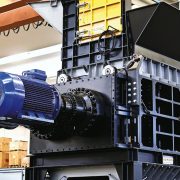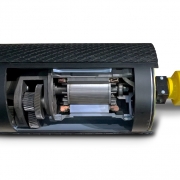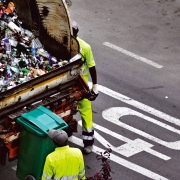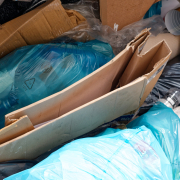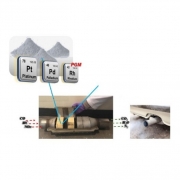Israel: No New Waste-to-Energy Plants
Some months ago, the Israeli Ministry of Environmental Protection had begun to promote the establishment of three energy recovery facilities in the country, which were to be realized at the Morasha Junction, in Hiriya, and in the Northern Ashdod Industrial Zone.
These waste-to-energy facilities “will treat municipal solid waste that would otherwise be sent to landfills,” the ministry wrote in May. Their establishment were part of Israel’s four billion New Shekel (about 1.2 billion US-Dollar) Strategic Plan for the Treatment of Waste by 2030, aimed at reducing landfilling and its environmental hazards. According to the country’s 2030 strategy, by that year, Israel will be recycling 51 percent of its waste; 23 percent will be treated at energy recovery facilities. Only 26 percent of waste would be landfilled.
“The proposals provoked widespread public opposition,” the newspaper Haaretz informed online in August this year. The construction of a facility near the Morasha junction was vehemently opposed; also, Ashdod-area residents organized to try to stop the incinerator slated for that city. “In the case of Kfar Adumim, the Green Now Association, in cooperation with representatives of area settlements, filed a petition with the High Court of Justice against the decision. The main reasons given by the opponents were fears of air pollution and bad odors that would be emitted by the incinerators.”
(GR32020, Page 42, Photo: MonikaP auf Pixabay)

